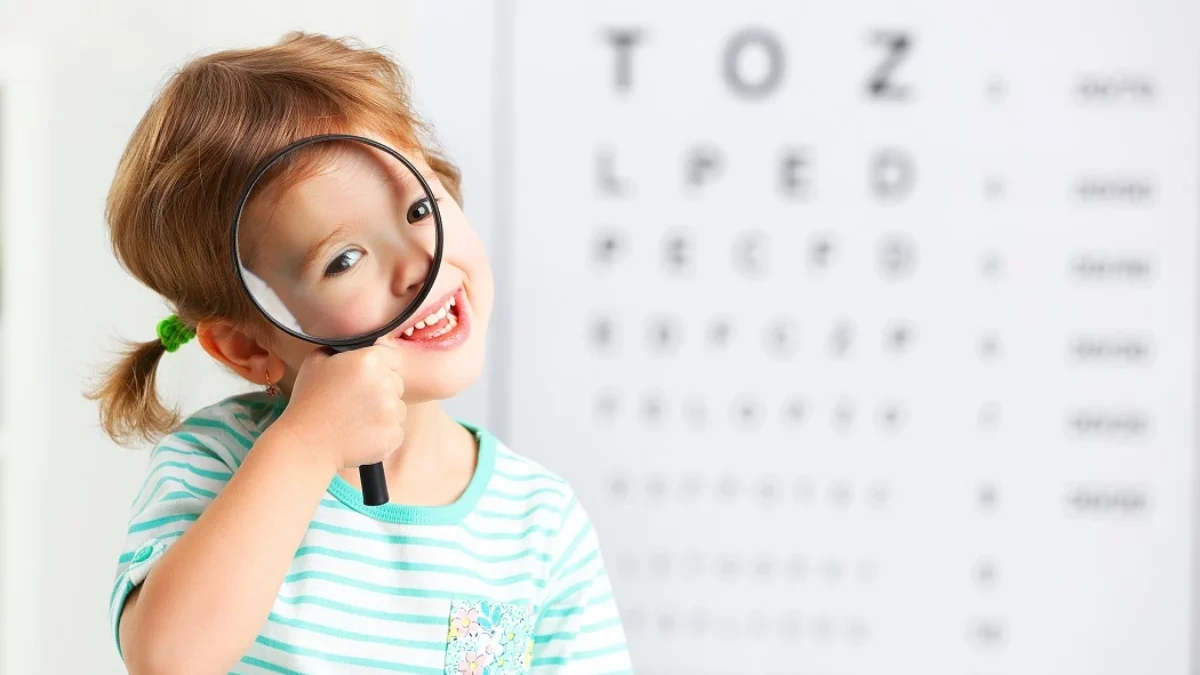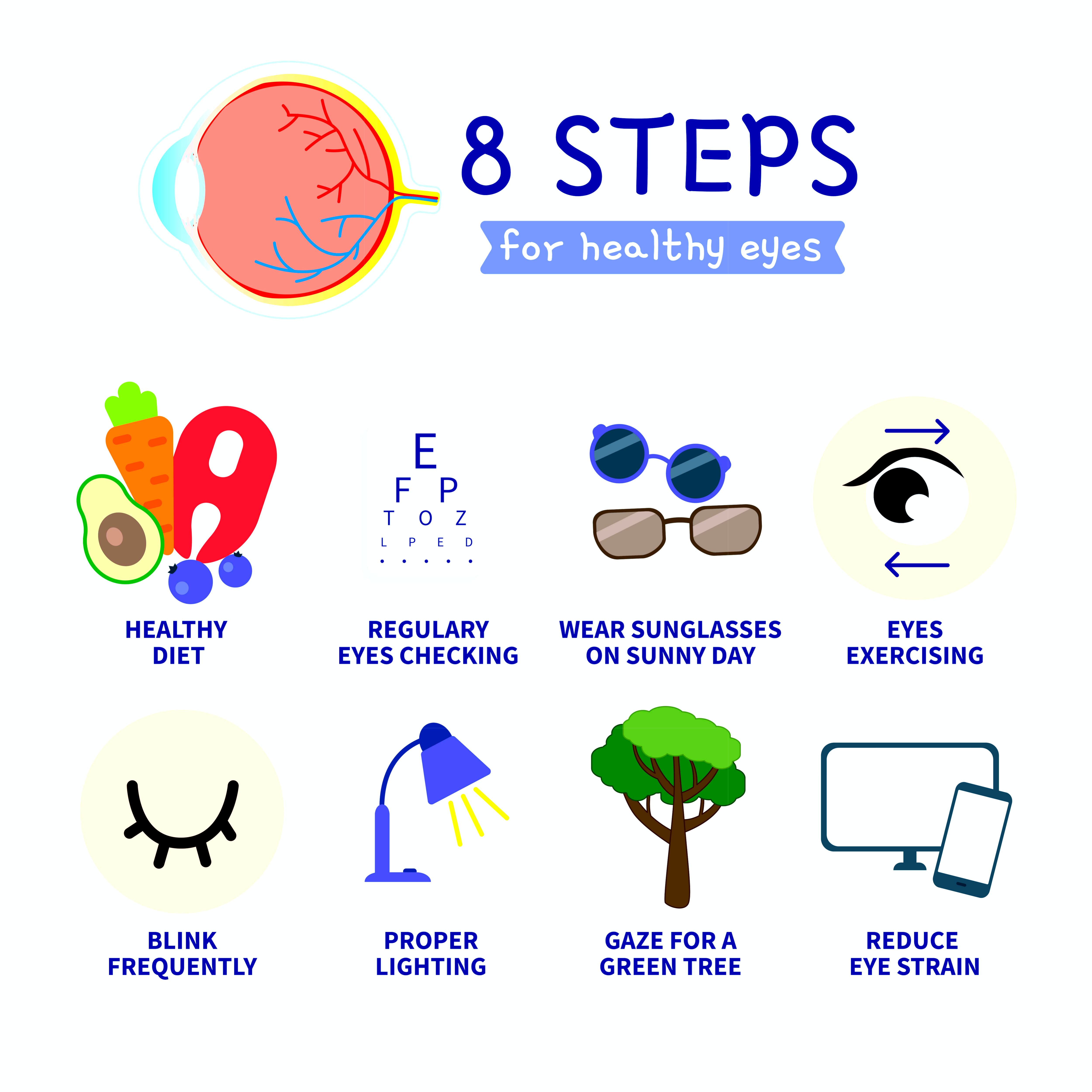All Categories
Featured
Opening Opportunities: Comprehensive Low Vision Recovery Alternatives.
Coping with reduced vision can present special difficulties, yet modern recovery approaches encourage individuals to flourish and adapt. From innovative innovation to hands-on training, there are numerous choices created to improve life and foster self-reliance. Right here's a thorough look at the diverse rehabilitation remedies available for those with reduced vision.
The Role of Low Vision Recovery
Low vision rehab focuses on assisting individuals enhance their staying vision and create abilities to handle their environments. With a combination of devices, training, and individualized assistance, rehabilitation programs enhance capability and increase confidence in navigating everyday tasks.
Secret Low Vision Recovery Options
Custom-made Visual Help
High-Powered Magnifiers: These gadgets can be found in handheld, wearable, or digital layouts, enabling users to read, compose, or view objects up close.
Telescopic Glasses: Perfect for boosting range vision, these glasses assist with activities such as seeing television or analysis signs.
![]()
Filter Lenses: Tinted lenses lower glow, improve comparison, and provide UV protection, improving convenience and visibility.
Technical Developments
Digital Magnifying Devices: Desktop computer and mobile gadgets supply flexible magnification, making it possible for much easier access to printed products and digital material.
![]()
Voice-Assisted Innovation: Screen visitors, voice-enabled smart devices, and AI-driven applications assist users navigate the digital globe more effectively.
Wearable Vision Aids: Smart glasses furnished with electronic cameras and acoustic feedback offer real-time aid with analysis, recognizing things, and spatial orientation.
Expert Training Programs
Alignment and Flexibility Training: This program instructs people just how to move with confidence within their areas and homes, commonly incorporating walking sticks or guide pet dogs.
Daily Living Abilities: Specialized training equips people with methods to perform important jobs such as food preparation, dressing, and handling family chores.
Flexible Aesthetic Strategies: Therapists overview clients on leveraging peripheral vision or scanning approaches to compensate for vision loss.
Environmental Adjustments
![]()
Basic adjustments in the house or work can significantly boost access:
Using different shades for better item differentiation.
Adding job lighting to boost exposure.
Noting home appliances with tactile signs for less complicated procedure.
Emotional and Social Assistance
Coping with vision loss usually involves emotional modifications. Support system and counseling solutions provide a safe room to develop and share experiences resilience.
Peer mentoring programs attach people with comparable obstacles, cultivating friendship and shared solutions.
Accessing Recovery Providers
Reduced vision rehabilitation services are widely available through:
Specialized Clinics: Eye doctors and optometrists learnt reduced vision treatment provide tailored evaluations and solutions.
Nonprofit Organizations: Groups like the American Foundation for the Blind and VisionAware supply resources, support, and references.
Community Centers: Local solutions may offer affordable or cost-free training and accessibility to assistive gadgets.
Final Thoughts
Reduced vision does not need to imply a reduced top quality of life. With the right combination of devices, training, and assistance, individuals can regain independence and appreciate meeting lives. By discovering the numerous rehabilitation options available, those with reduced vision can discover approaches that function best for their one-of-a-kind requirements and conditions. If you or a liked one deals with vision obstacles, do not wait to get to out to a low vision professional to begin the trip towards empowerment and versatility.
Coping with reduced vision can present special difficulties, yet modern recovery approaches encourage individuals to flourish and adapt. From innovative innovation to hands-on training, there are numerous choices created to improve life and foster self-reliance. Right here's a thorough look at the diverse rehabilitation remedies available for those with reduced vision.
The Role of Low Vision Recovery
Low vision rehab focuses on assisting individuals enhance their staying vision and create abilities to handle their environments. With a combination of devices, training, and individualized assistance, rehabilitation programs enhance capability and increase confidence in navigating everyday tasks.
Secret Low Vision Recovery Options
Custom-made Visual Help
High-Powered Magnifiers: These gadgets can be found in handheld, wearable, or digital layouts, enabling users to read, compose, or view objects up close.
Telescopic Glasses: Perfect for boosting range vision, these glasses assist with activities such as seeing television or analysis signs.

Filter Lenses: Tinted lenses lower glow, improve comparison, and provide UV protection, improving convenience and visibility.
Technical Developments
Digital Magnifying Devices: Desktop computer and mobile gadgets supply flexible magnification, making it possible for much easier access to printed products and digital material.

Voice-Assisted Innovation: Screen visitors, voice-enabled smart devices, and AI-driven applications assist users navigate the digital globe more effectively.
Wearable Vision Aids: Smart glasses furnished with electronic cameras and acoustic feedback offer real-time aid with analysis, recognizing things, and spatial orientation.
Expert Training Programs
Alignment and Flexibility Training: This program instructs people just how to move with confidence within their areas and homes, commonly incorporating walking sticks or guide pet dogs.
Daily Living Abilities: Specialized training equips people with methods to perform important jobs such as food preparation, dressing, and handling family chores.
Flexible Aesthetic Strategies: Therapists overview clients on leveraging peripheral vision or scanning approaches to compensate for vision loss.
Environmental Adjustments

Basic adjustments in the house or work can significantly boost access:
Using different shades for better item differentiation.
Adding job lighting to boost exposure.
Noting home appliances with tactile signs for less complicated procedure.
Emotional and Social Assistance
Coping with vision loss usually involves emotional modifications. Support system and counseling solutions provide a safe room to develop and share experiences resilience.
Peer mentoring programs attach people with comparable obstacles, cultivating friendship and shared solutions.
Accessing Recovery Providers
Reduced vision rehabilitation services are widely available through:
Specialized Clinics: Eye doctors and optometrists learnt reduced vision treatment provide tailored evaluations and solutions.
Nonprofit Organizations: Groups like the American Foundation for the Blind and VisionAware supply resources, support, and references.
Community Centers: Local solutions may offer affordable or cost-free training and accessibility to assistive gadgets.
Final Thoughts
Reduced vision does not need to imply a reduced top quality of life. With the right combination of devices, training, and assistance, individuals can regain independence and appreciate meeting lives. By discovering the numerous rehabilitation options available, those with reduced vision can discover approaches that function best for their one-of-a-kind requirements and conditions. If you or a liked one deals with vision obstacles, do not wait to get to out to a low vision professional to begin the trip towards empowerment and versatility.
Latest Posts
Practical Style for every single Home
Published May 07, 25
1 min read
Trusted Business Roofing Solutions by Weathercraft
Published May 07, 25
1 min read
Experience You Can Depend On with Bath Fitter Metro Detroit
Published May 07, 25
1 min read